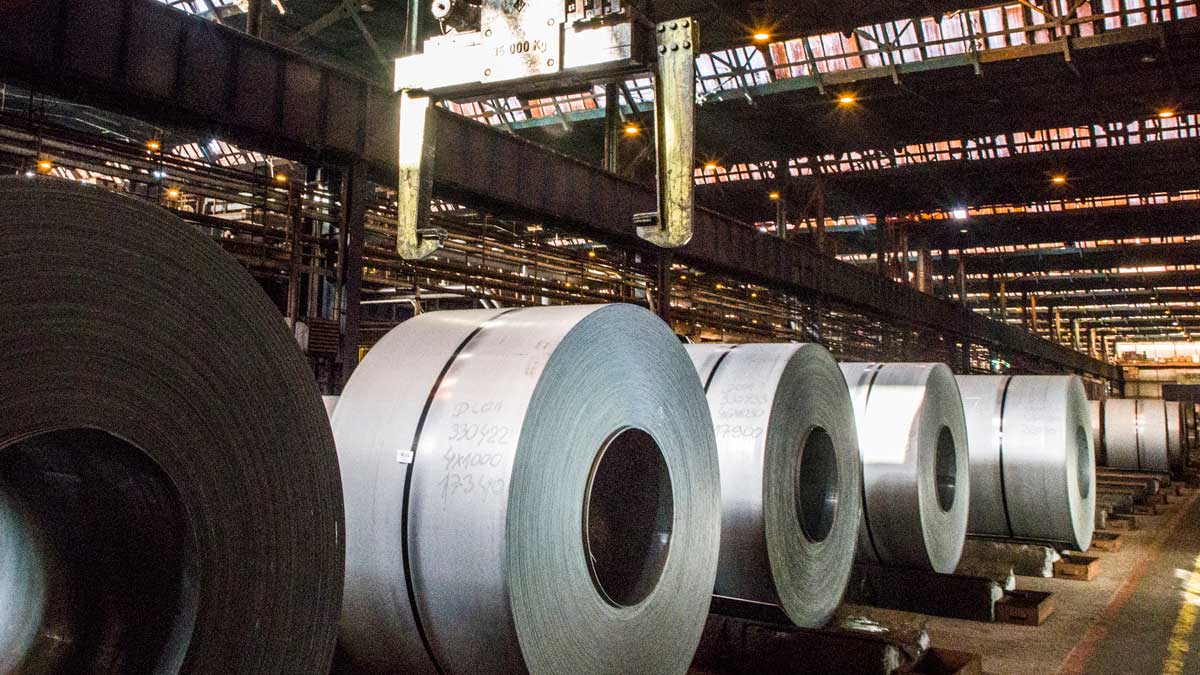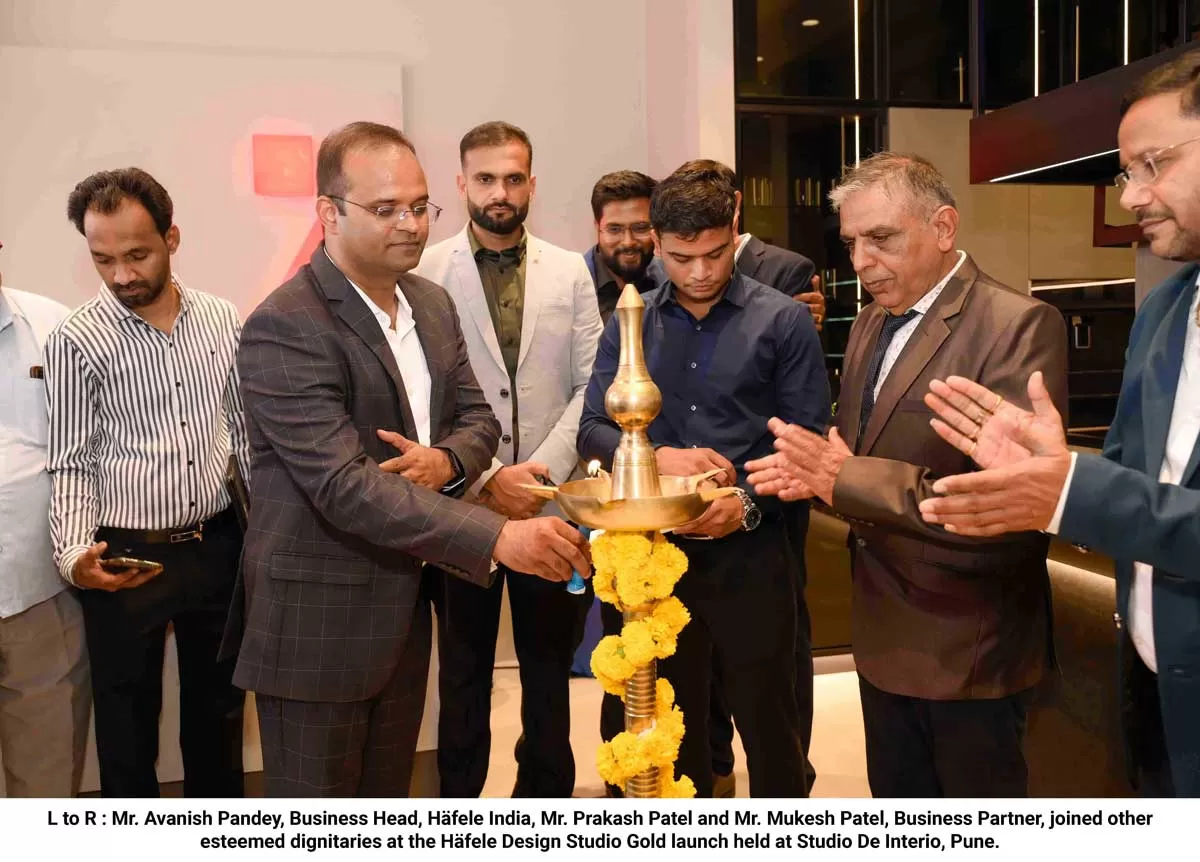

Hafele Launches Integrated Range of Digital Home Security Solutions
Hafele introduces a new perspective to home security with its integrated range of Digital Home Security Solutions. With this range we bring to you the most advanced technologies in digital access modes, safety features, convenient settings and much more; attempting to provoke a serious thought towards home security.These solutions from Hafele can allow you to control multi- dimensional aspects of home access through a single locking device, as per your specific lifestyle and at the leisure of your convenience. RE-Inforce Digital Lock Because the combination of flawless features and harmonious ..

Skyview by Empyrean to Develop Dehradun-Mussoorie Ropeway
FIL Industries Private Limited, the parent company of Empyrean Skyview Projects that pioneered ropeway mobility solutions in India with Jammu’s Skyview Gondola, is currently developing the Dehradun-Mussoorie ropeway and is on track to complete Phase I by September 2026. The ropeway is set to be India’s longest passenger aerial monocable covering 5.8 km between the foothills of Dehradun in Purkulgam and MDDA taxi stand in the hills of Mussoorie in just under 20 minutes. The firm pioneered green mobility solutions in India with the development of the flagship Skyview Gondola in Jam..

Akshay Kumar Sells Office in Mumbai for Rs 80 Million: Square Yards
Bollywood star Akshay Kumar has sold his office space in Lower Parel, Mumbai, for Rs 80 million, according to property registration documents reviewed by Square Yards on the website of Inspector General of Registration (IGR). The transaction was registered in April 2025.Lower Parel, one of Mumbai’s prime residential and commercial hubs, offers premium living spaces with seamless connectivity to business districts such as Bandra-Kurla Complex (BKC) and Nariman Point. Bollywood stars like Abhishek Bachchan, Shahid Kapoor, Amish Tripathi and Manoj Bajpayee, also own properties in Lower Parel, a..














